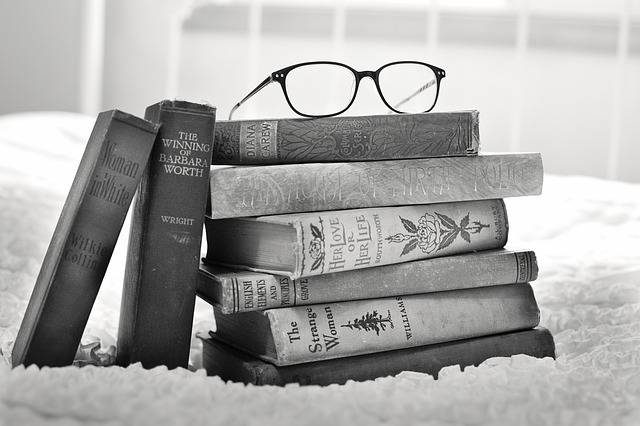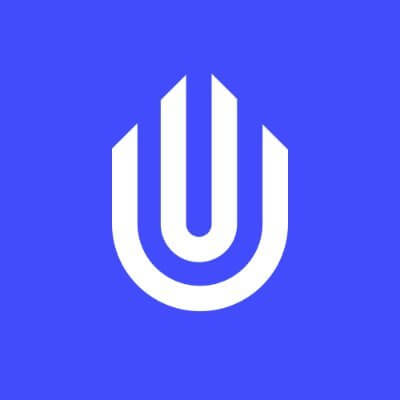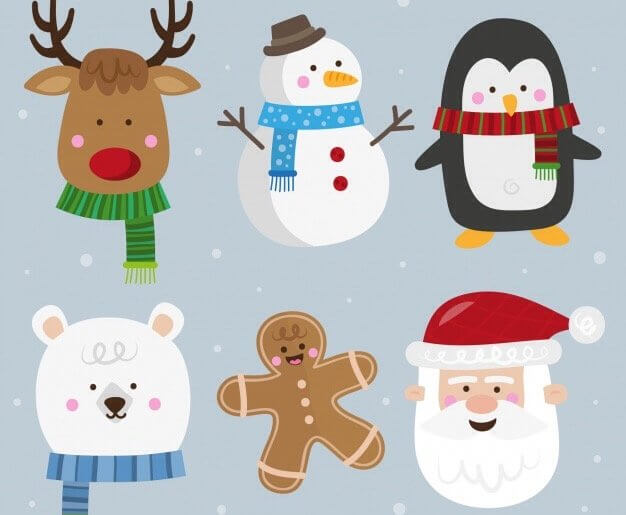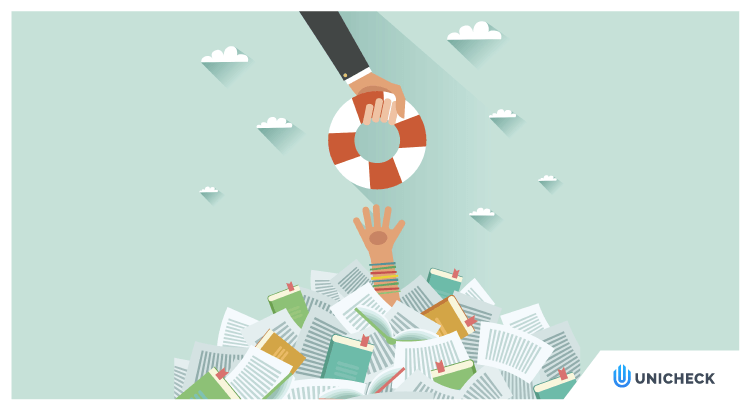Just imagine that your book, thesis, or term paper becomes accessible to anyone worldwide. What exactly would you feel? Insult or pride? Of course, your reaction would much depend on the circumstances under which your work became available to the public. But what if it was “Fair Use?” How much do you know about it as a student?
This is a way to use even copyrighted works legally
To answer these questions, you obviously need to have a grasp of Fair Use basics. Simply put, as an integral part of US copyright law, “Fair Use” allows you to officially take advantage of works protected by copyright without asking for the author’s permission. But, this doesn’t mean you can re-use 100% of them for any purpose you want. “Fair Use” aims at bringing in some value either for the sake of education or deeper insight, etc. No profit should be gained as a result.
There are also four key points to be taken into account in deciding whether a particular case constitutes copyright violation or fair use. Here’s a short list provided by Stanford University:
- The purpose and character of your use.
- The nature of the copyrighted work.
- The amount and substantiality of the portion taken.
- The effect of the use upon the potential market.
So, whenever you need to reproduce a text, music, or other media materials, keep these four things in mind and ask yourself if it is fair. By following this link you can find even more details on what quantity of copyrighted materials you’re allowed to use while studying.
Legalized Google Books, so what?
You might be wondering what the fair-use information above has to do with Google Books project. Here’s an explanation:
This October Google Books has finally been recognized as legal after the 10-year court proceedings with The Authors Guild. Launched in 2014, Google Books in close collaboration with librarians have made great efforts to scan millions of books and magazine articles. Among them there are about 537,000 public domain PDF books free for downloading.
The Authors Guild claimed Google was infringing on its rights. As Economist.com says, Google Books displays only “three eighth-of-a-page snippets for each book.” And therefore, this amount is considered to be quite moderate and one that falls under the Fair Use regulations.
But, how could digitizing countless copyrighted works be approved? The judge Pierre Leval gave a clear reason why it can be justified: The copyright law enables its authors to share their works with the public in order to spread knowledge. Actually, this is what Google Books does. The question of whether or not authors have total control over copying their writings still remains rather tricky. In certain cases it hinders people from getting the knowledge they search for.
How can the victory of Google Books help you? From now on, this project has the official right to keep on gathering the biggest digitized database of valuable materials which you can further use to deepen your knowledge and carry out more fundamental research. But for this lucky chance, you might never have an opportunity to explore these resources.
Knowing that Google Books won’t cease to exist, the Unplag team has recently started working on a new project. It is going to be launched in the first quarter of 2016. The purpose of it is to empower educators and students across the globe to check plagiarism online against the vast Google Books database. Another bonus is that this search will be available absolutely free of charge, increasing your chances of staying unique.




